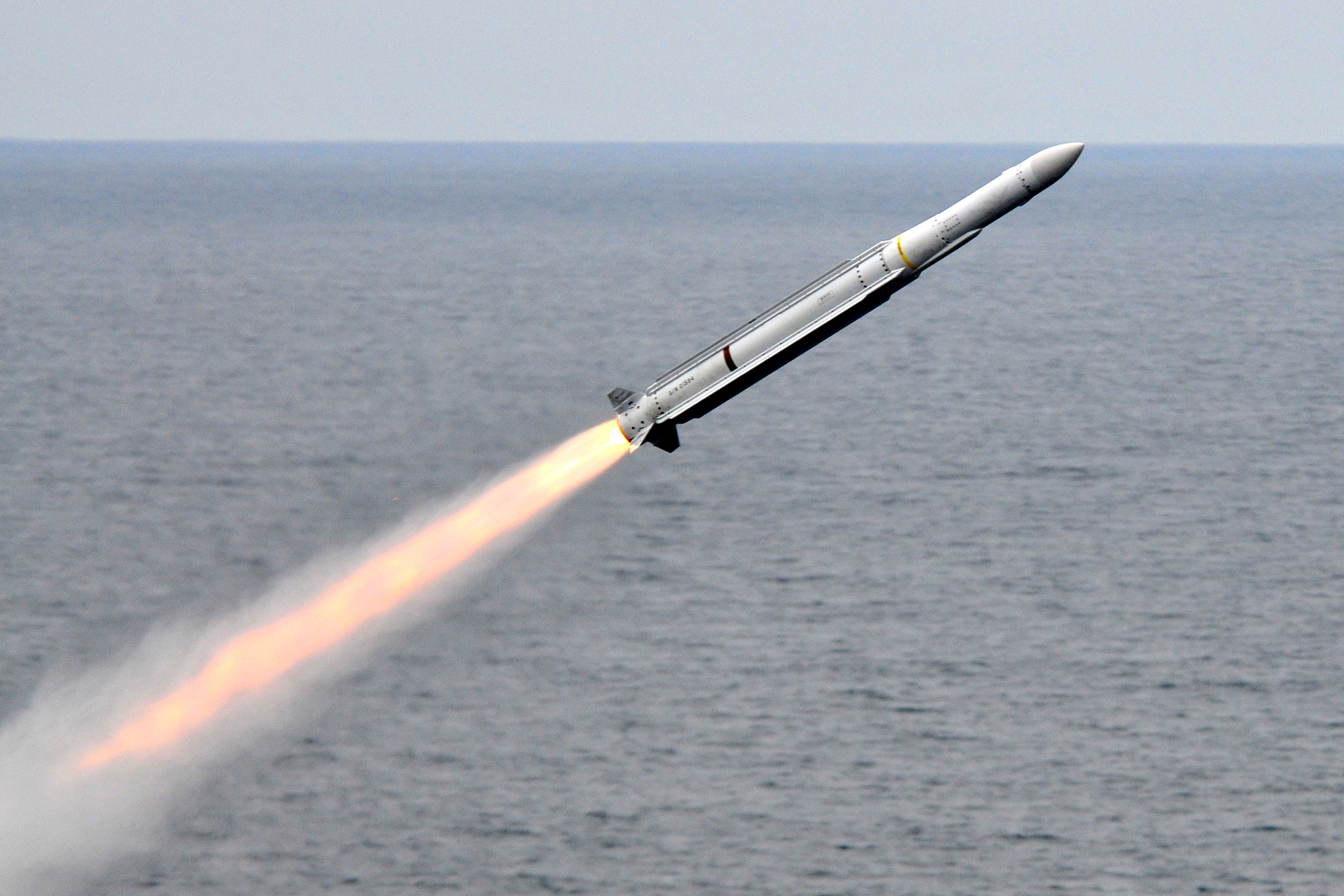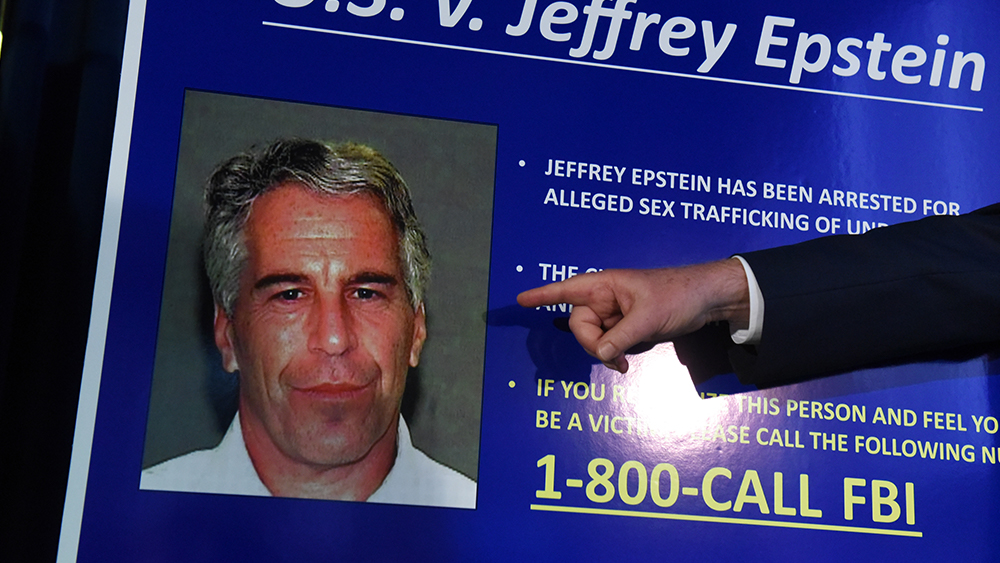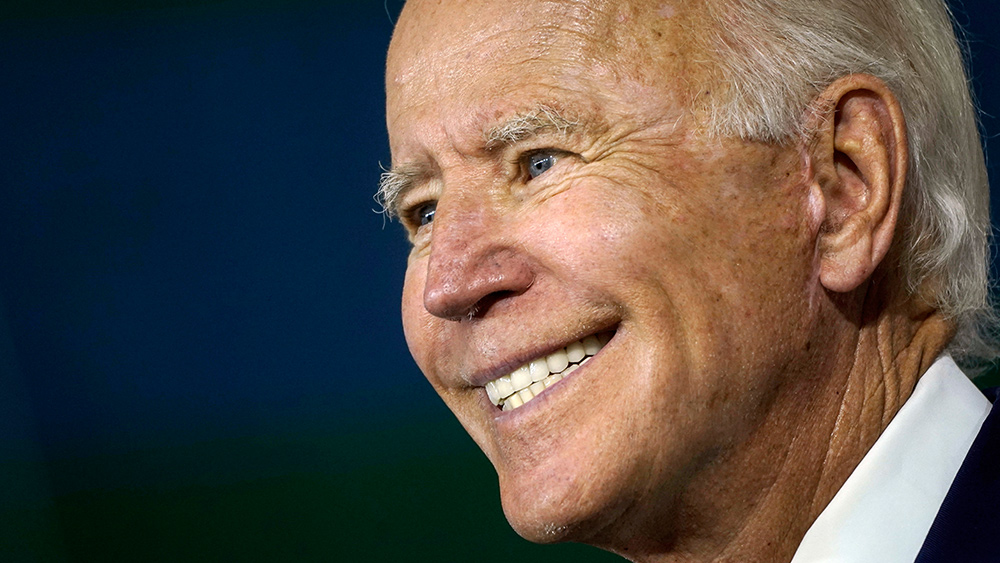White House to award $623 MILLION in grants for construction of EV charging network across the country
01/18/2024 / By Zoey Sky

Despite the waning public interest in electric vehicles (EVs), officials from the administration of President Joe Biden announced on Jan. 11 that it will be awarding $623 million in grants for the construction of an EV charging network across the United States.
The grants will fund 47 EV charging and alternative fueling infrastructure projects throughout 22 states and Puerto Rico. The grants will also cover the construction of 7,500 EV charging ports in the country.
In a statement, Transportation Secretary Pete Buttigieg said America “led the arrival of the automotive era” and that the country now has “a chance to lead the world in the EV revolution — securing jobs, savings, and benefits for Americans in the process.”
Buttigieg also claimed that the millions in funding will “help ensure that EV chargers are accessible, reliable, and convenient for American drivers while creating jobs in charger manufacturing, installation, and maintenance for American workers.”
The funds will come from the $2.5 billion Charging and Fueling Infrastructure Discretionary Grant Program created under the Infrastructure Investment and Jobs Act, commonly known as the Bipartisan Infrastructure Law.
Energy Secretary Jennifer Granholm explained that all communities across the country should have access to “convenient and reliable clean transportation.” She added that the Biden Administration is bringing an accessible, made-in-America charging network into thousands of communities while also allegedly slashing the “carbon pollution that is driving the climate crisis.” (Related: EV challenges: Electric car charging station’s power usage exceeds that of 280 HOMES.)
The Biden administration’s goal is to build at least 500,000 publicly available EV charging stations by 2030. It also aims to have about two-thirds of all new vehicles sold in the country to be electric by 2032.
Waning confidence in EVs still a big problem
The ambitious announcement coincided with the ironic news that Hertz will sell at least 20,000 EVs, or one-third of its electric fleet, to purchase gas-powered vehicles.
Hertz, an American car rental company based in Estero, Florida, said the move was due to higher collision and damage costs and a decline in demand. The company submitted a form 8-K on Jan. 11 to the Securities and Exchange Commission.
Hertz said the move will hopefully “better balance supply against expected demand of EVs.” It could also position the company to “eliminate a disproportionate number of lower margin rentals and reduce damage expense associated with EVs.”
The move is a complete 180 from Hertz’s previous goal of electrifying one-quarter of its fleet by the end of 2024. It also suggests that there is a larger trend of waning confidence in the EV market.
According to a KPMG survey, EV penetration hasn’t occurred as quickly as auto executives first anticipated.
The survey revealed that only one year ago, executives were insisting that there were amazing “prospects for transforming the industry with new kinds of cars.” However, the reality is harsher.
Auto executives remain optimistic, but they are now aware of how hard it will be to manage the transition and preserve or increase profits. After all, there are many valid reasons for concern.
First, companies made huge bets on electric propulsion and are increasingly worried about near-term headwinds that could postpone the payoff.
Additionally, while many new EV models are coming to market, customer demand has significantly weakened. Finally, some automakers “may come under extreme pressure as competition intensifies.”
China will have a central role in push for mass conversion to EVs
EVs were also discussed on Capitol Hill, where the Senate Committee on Energy and Natural Resources tackled the geopolitical implications of a mass conversion to EVs.
Addressing Deputy Energy Secretary David Turk, Sen. Josh Hawley mentioned that China now monopolized the market on EV production, including the production of the lithium-ion batteries that EVs run on.
Hawley added that the Biden administration continues to implement mandates requiring two-thirds of new vehicle sales in the U.S. within the next eight years to be electric cars. He warned that these policies are forcing the U.S. and supply chains into the hands of America’s “greatest geostrategic enemy.” The senator also questioned how any of this could benefit the U.S. and Americans.
Mr. Turk claimed that the Biden-Harris administration is trying to “diversify” the supply chain to ensure that the U.S. isn’t dependent on China for EV production.
However, Hawley said that the Biden administration has “reinterpreted” the Inflation Reduction Act so Chinese companies can benefit from tax credits for EV manufacturers, an allowance that Congress specifically forbade in the text.
Hawley added that U.S. tax dollars are now subsidizing Chinese battery manufacturers, which the U.S. shouldn’t have allowed in the first place.
Hawley criticized the move because it gives the country’s adversary U.S. supply chains and jobs while also paying it to take them. He criticized the whole industry because none of it makes sense.
Turk said he “strongly disagree[s]” because as of writing, “only 13 models” qualify for the tax credit, adding that it is only implementing the legislation that has been passed.
Read more articles about the disadvantages of driving electric cars at RoboCars.news.
Watch the video below to learn why electric cars cost more to run than gas-powered cars.
This video is from the TruthAndFreedom1 channel on Brighteon.com.
More related stories:
Connecticut’s Democratic governor pulls plug on plan to ban sale of gas cars by 2035.
Sources include:
Submit a correction >>
Tagged Under:
automobiles, big government, Bubble, China, conspiracy, electric cars, electric vehicles, electricity, Electrify America, energy supply, environment, EV charging stations, EVs, finance riot, green living, Green New Deal, insanity, money supply, power, power grid, risk, robocars
This article may contain statements that reflect the opinion of the author
RECENT NEWS & ARTICLES
COPYRIGHT © 2018 GOVERNMENTDEBT.NEWS
All content posted on this site is protected under Free Speech. GovernmentDebt.news is not responsible for content written by contributing authors. The information on this site is provided for educational and entertainment purposes only. It is not intended as a substitute for professional advice of any kind. GovernmentDebt.news assumes no responsibility for the use or misuse of this material. All trademarks, registered trademarks and service marks mentioned on this site are the property of their respective owners.



















